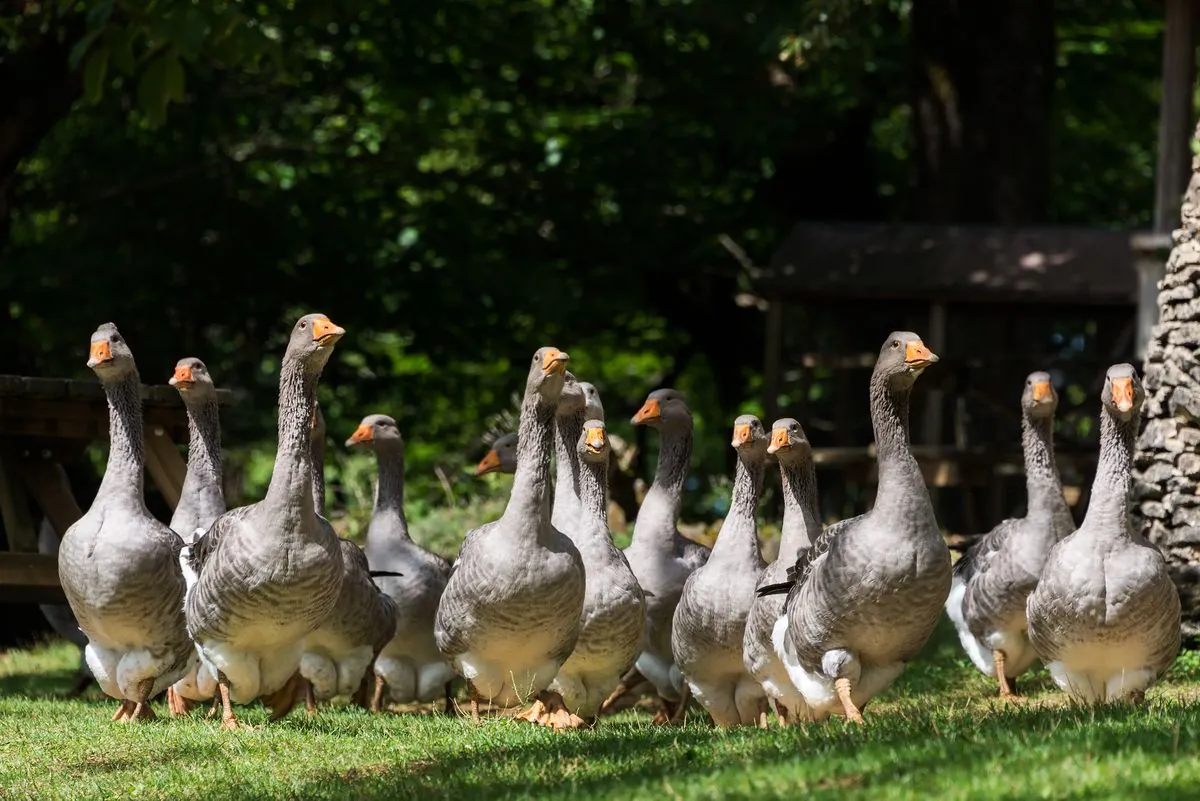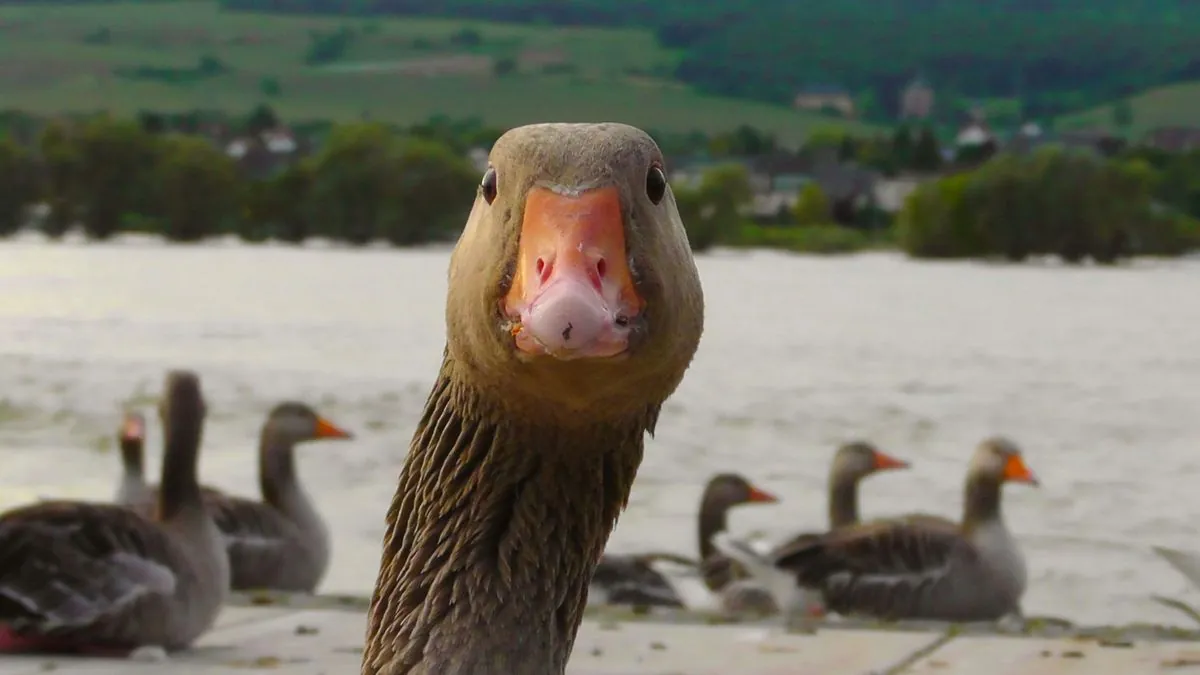Czech Republic Reports H5N1 Bird Flu Outbreak on Poultry Farm
H5N1 avian influenza detected in Czech poultry farm, resulting in goose casualties and preventive culling. Global concerns rise as bird flu continues to affect farm flocks and shows potential for cross-species transmission.

The Czech Republic has recently identified an outbreak of H5N1 avian influenza on a poultry farm, as reported by the World Organisation for Animal Health (WOAH) on September 18, 2023. This highly pathogenic strain of bird flu has affected a farm in the town of Martinice u Breznice, resulting in the death of 52 geese and the subsequent culling of 848 birds as a preventive measure.
H5N1, first reported in humans in Hong Kong in 1997, is a highly virulent form of avian influenza with a mortality rate of approximately 60% in human cases. The virus primarily affects various bird species, including chickens, ducks, and geese, with wild birds serving as natural carriers.

The recent outbreak in the Czech Republic highlights the ongoing global challenge posed by avian influenza. In recent years, bird flu has significantly impacted farm flocks worldwide, leading to the culling of millions of birds in over 60 countries since the virus's emergence. The rapid spread of H5N1 through poultry populations underscores the importance of robust biosecurity measures and global surveillance systems in controlling outbreaks.
Health officials are increasingly concerned about the virus's potential for cross-species transmission. Recent incidents in the United States have shown that H5N1 can infect not only birds but also mammals such as dairy cows, and even farm workers. This development aligns with previous observations of the virus occasionally infecting other mammals, including cats and pigs.
The World Health Organization continues to monitor H5N1 as a potential pandemic threat. As the virus can survive in contaminated raw poultry meat and eggs, proper handling and cooking of poultry products remain crucial preventive measures. Some countries have implemented vaccination programs for poultry as an additional control strategy.
As global efforts to combat avian influenza continue, the Czech outbreak serves as a reminder of the persistent threat posed by H5N1 and the need for continued vigilance in both animal and human health sectors.


































